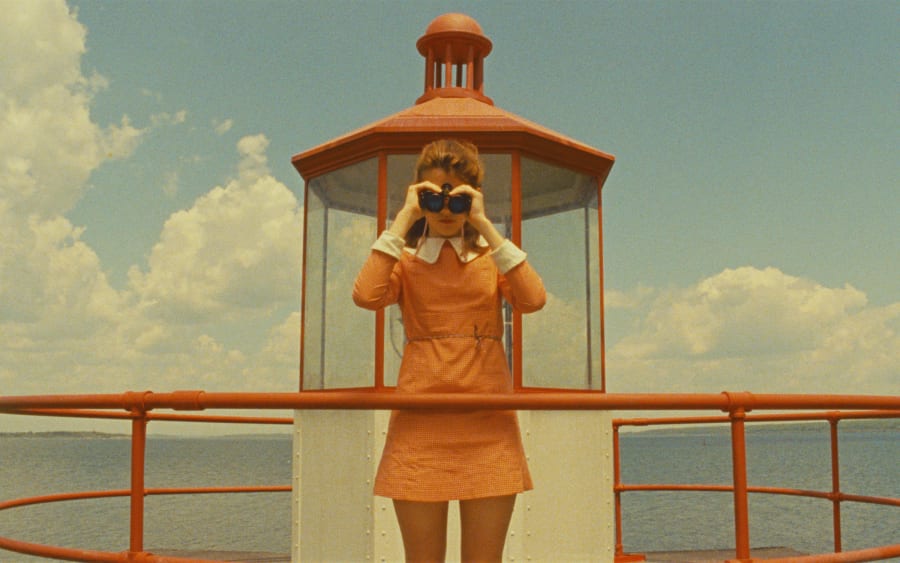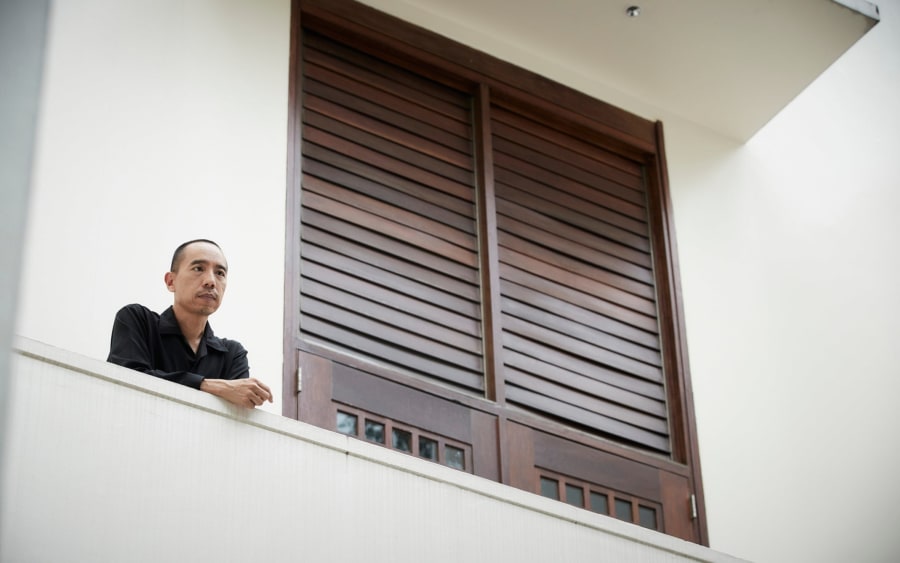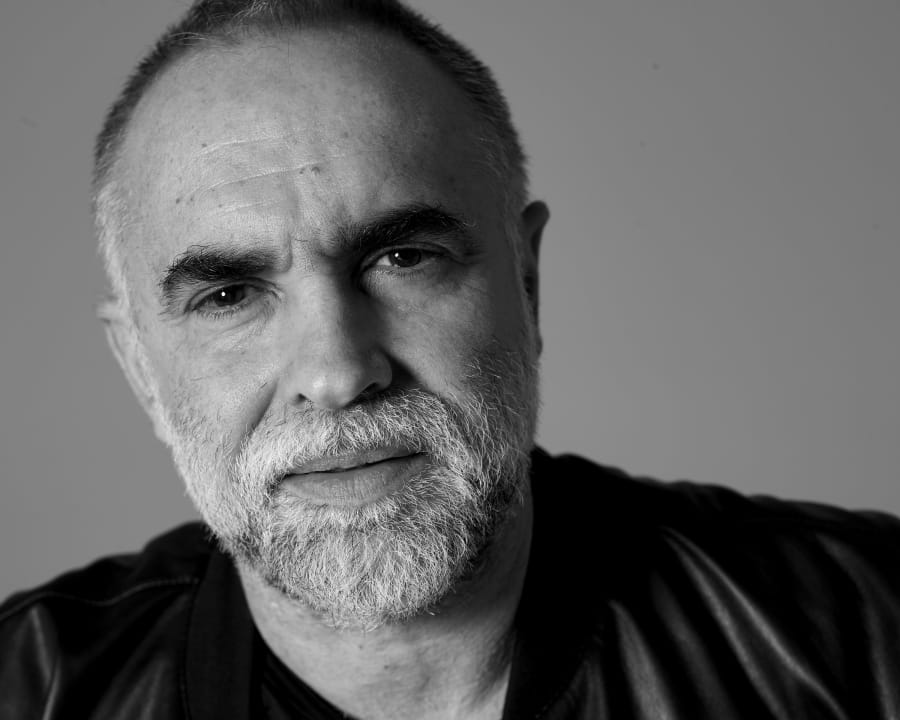The 78th edition of the Cannes Film Festival will unfold from May 13 to 24, 2025, under the presidency of French actress Juliette Binoche. Beyond the red carpet and the legendary steps traversed by industry luminaries, Cannes remains, above all, a sanctuary for a certain kind of cinema – demanding and visionary.
Who better to navigate this temple of cinephilia than two of its most fascinating representatives? One, Apichatpong Weerasethakul, the Thai master of hypnotic imagery, winner of the 2010 Palme d’Or for Uncle Boonmee Who Can Recall His Past Lives (2010) and a filmmaker who has redefined the grammar of the seventh art. The other, Tilda Swinton, the chameleonic figure who has become an icon of cinema that obstinately refuses categorization, once Derek Jarman’s muse and now Wes Anderson’s. Together, Weerasethakul and Swinton have undertaken the vertiginous exercise of immersing us in 50 years of Cannes history to extract the films that have marked them most profoundly.
Films selected by Tilda Swinton
All That Jazz, Bob Fosse, 1979 and Kagemusha, Akira Kurosawa, 1980
The thought of these two epic films being screened alongside each other in one festival is swoon-worthy enough, but, beyond their shared Palme d’Or, I would, frankly, love to see them as a double bill: Fosse’s breathtaking candor, verve, and merciless self-examination, followed by Kurosawa’s portrait of a petty criminal lookalike thrust unexpectedly into the shoes of his warlord master. Both are reflections on the vagaries of ego and societal invisibility. Two strokes of genius. What a vintage.
The Ballad of Narayama, Shōhei Imamura, 1983
I first saw The Ballad of Narayama at Roger Ebert’s festival in Champaign, Illinois a few weeks after his death. It felt crystal clear to all of us there that he had programmed this masterpiece about mortality, legacy, and surviving the departed as a typically generous and wise gesture of open-eyed acceptance and farewell. The best sort of message in a bottle that I know.
Uncle Boonmee Who Can Recall His Past Lives, Apichatpong Weerasethakul, 2010
The sublime immersion Apichatpong offers us is second to none in current cinema: We live in his films as much as they inhabit us. Never has a haunting by a dead wife or the appearance of an estranged child in the shape of a monkey at a dinner table felt more natural and light-handedly pragmatic. And all to the chk-chk-chk of the nighttime jungle around us. Pure magic.
Parasite, Bong Joon-ho, 2019
Director Bong’s capacity to swing us liberally between high Hitchcockian suspense, slapstick ridiculousness, and a very real base note of menace is delivered here with switchback precision and lethal wit. A study in the paranoias of class division and the capacity of the entitled rich to live outside earshot of properly humane connection with their employees. Brutal, lyrical, and hilarious in equal measure. A con-gone-wrong movie for the ages.
Films selected by Apichatpong Weerasethakul
Mirror, Andrei Tarkovsky, 1975
Tarkovsky’s pictures look like bits and pieces of a life that are moving through time. They stay with you like echoes of something that you can’t reach. That can simply describe a dream.
The Puppetmaster, Hou Hsiao-hsien, 1993
A mix of personal memories and doors, windows, and rooms that are beautifully still. Hou lets time flow freely and lets us reflect about time, in a movie theater. This film is always top of my list.
Taste of Cherry, Abbas Kiarostami, 1997
One of the most elegant gestures in cinema. The silences between people and their unspoken thoughts. It leaves you with the road and silence.
Japan, Carlos Reygadas, 2002
The quiet says as much as the people themselves, and it looks like nature doesn’t care about how people are hurting. Carlos’s films always make you feel the weight of life.
The Headless Woman, Lucrecia Martel, 2008
The way that sound and texture shape the story makes it both disturbing and hypnotic. I also deeply admire Martel as a fellow human being.
Apichatpong Weerasethakul is represented by Kiang Malingue (Hong Kong).
The 78th edition of the Cannes Film Festival will take place from May 13 to 24, 2025.
Caption for header image: Festival de Cannes. © Festival de Cannes
Published on May 12, 2025.


